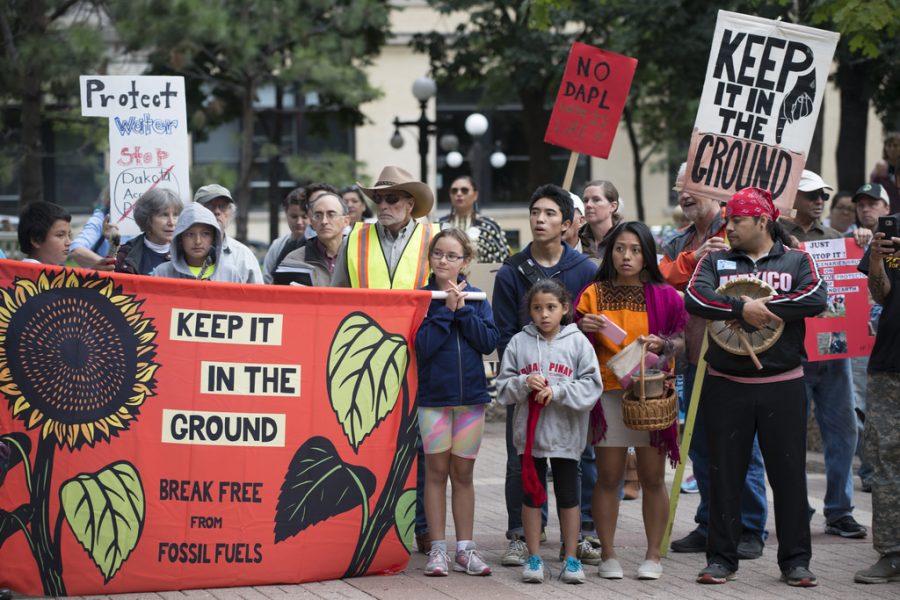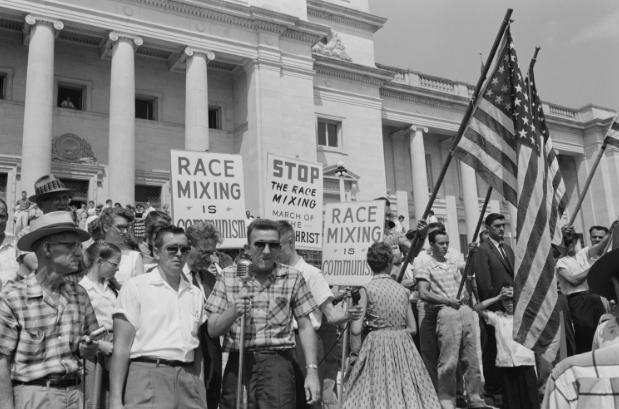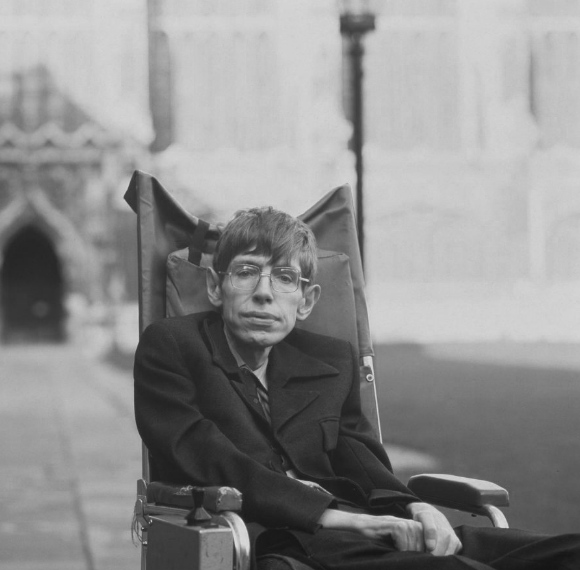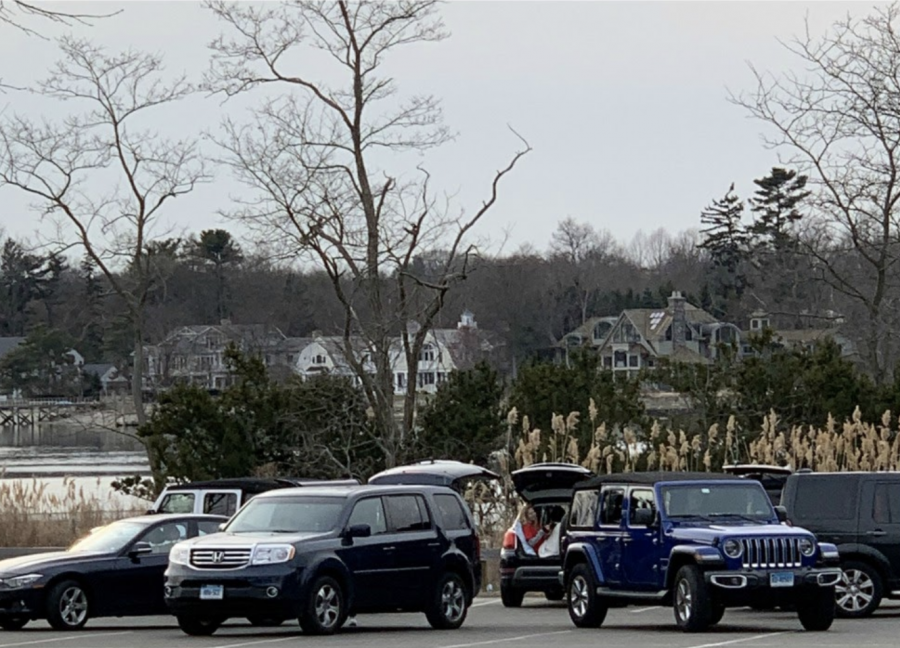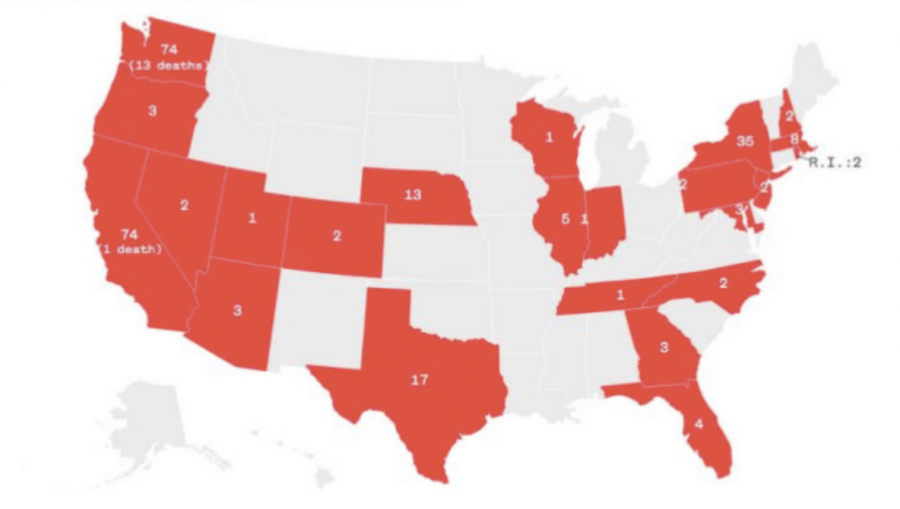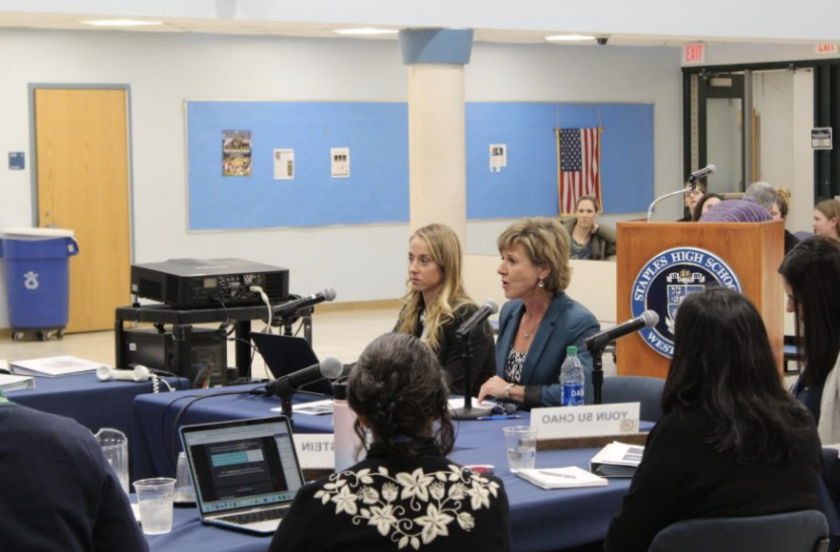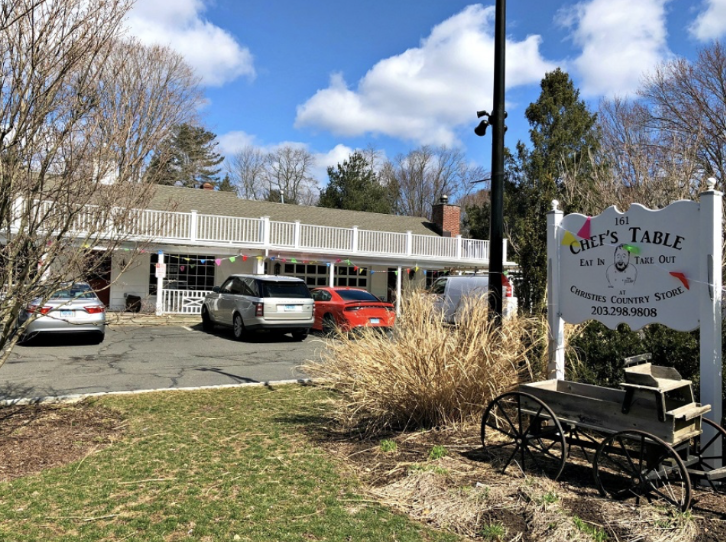By Alyson Murray ’19
On Sunday, Dec. 4, the Army Corps of Engineers denied the Dakota Access Pipeline plan that would run through the water reservoir of the Standing Rock Sioux Reservation.
This decision will halt the construction of the 1,172-mile oil pipeline that has been protested against since spring 2016 by thousands at the site and online with the hashtag #noDAPL.
Antonio Antonelli ’19 stated that he is “happy with the outcome because I feel that Native American people are oftentimes treated as lesser in this country. While this isn’t often the case, the conditions many reservations are in is not ideal, and the pipeline would just continue to worsen the lives of the people living in the area.”
Still, given the recent election, many are angered at the fact that political issues seem to be more of a prevalent topic than issues affecting the American people themselves, and their right to be protected under law. In fact, the Obama administration released a statement, claiming that this decision is one of many lately “in a series of overt and transparent political actions by an administration which has abandoned the rule of law in favor of currying favor with a narrow and extreme political constituency.”
The major concern of the pipeline was that it would affect the tribal source of drinking water. Jo-Ellen Darcy, the Army’s assistant secretary for civil works, knew there was “more work to do” upon hearing from tribal officials about their concern on the pipeline and it’s affects on their source of clean drinking water.
Thousands have flocked to North Dakota in recent months to protest the pipeline, such as members of the tribe, politicians, celebrities, and people off the reservation itself. In efforts to stop the protests, police have shot rubber bullets and turned water hoses on protestors. Other methods have included arresting hundreds of protestors at the site.
Upon hearing the news of the halting, NPR.com reported that “Cheers and whoops erupted from the crowd nearby and continued for hours, as different parts of the sprawling camp heard about the federal government’s decision”.
Being an activist and an avid participant in protests herself, Zoe Hulina ’18 commented that “It’s truly inspiring to see a group of people come together and fight for something they care about, and to actually accomplish what they’re fighting for is amazing.”
Tom Shaving, a member of the Cheyenne River tribe, said it was one of the most triumphant moments to be able to see what used to be a group of a couple dozen grow to be a settlement of thousands all helping to protect the same cause.
However, it is unclear whether the Army corps will have the ultimate power in recreating a new route completely. According to The New York Times, “the Trump administration could ultimately decide to allow the original, contested route,” meaning that as president, he could override the halt and continue through with the first proposed plan.
Photo used under the Creative Commons license













































